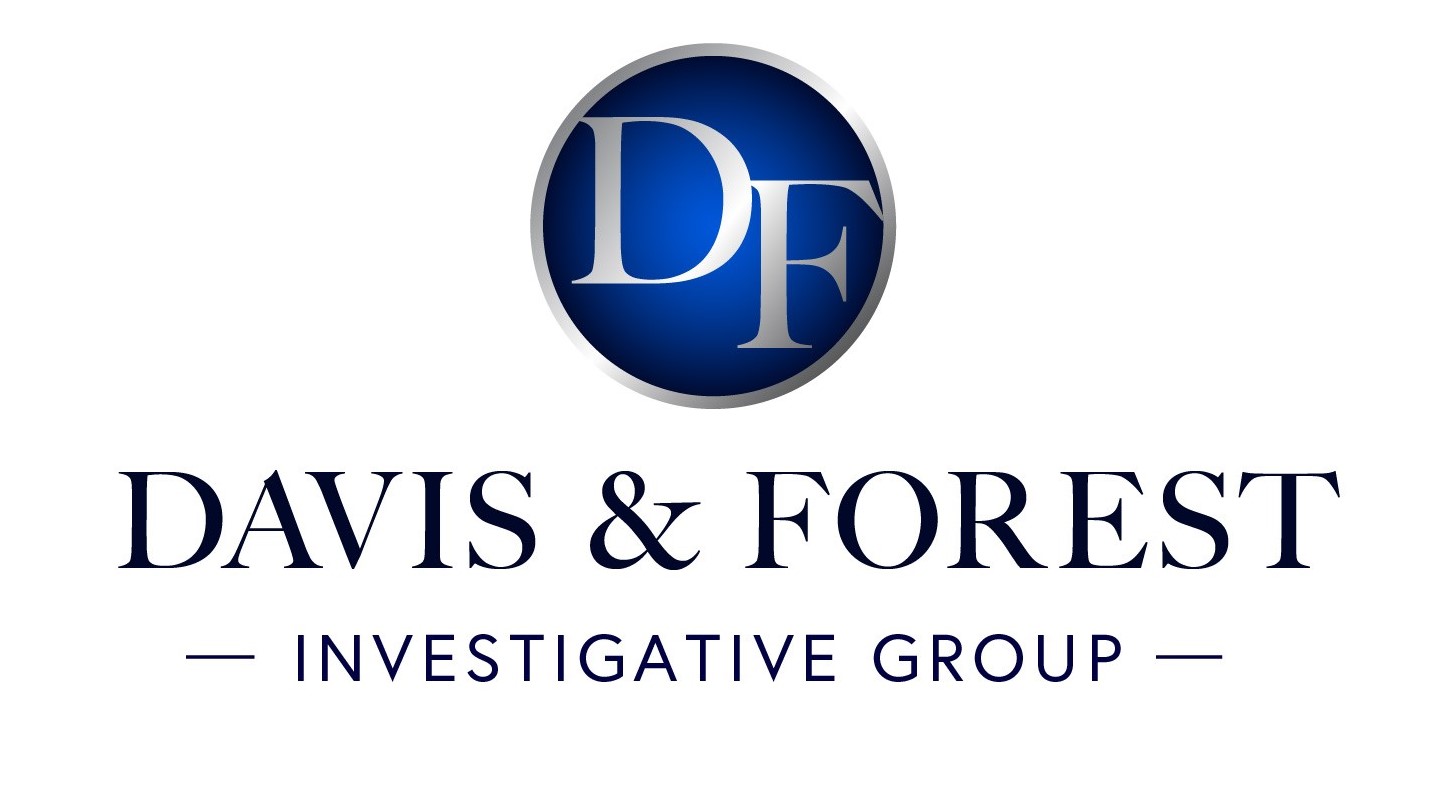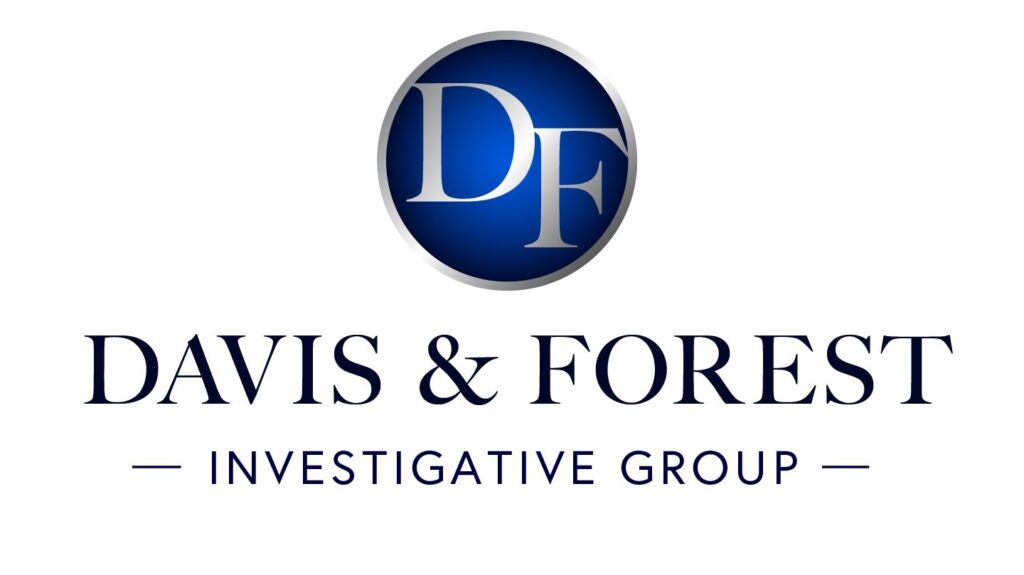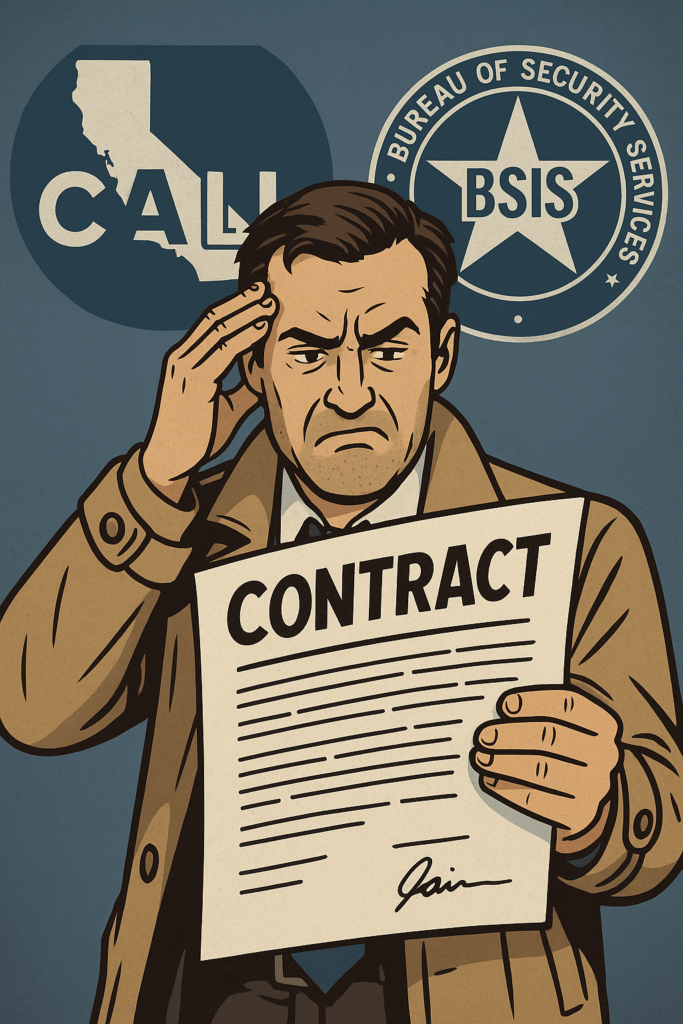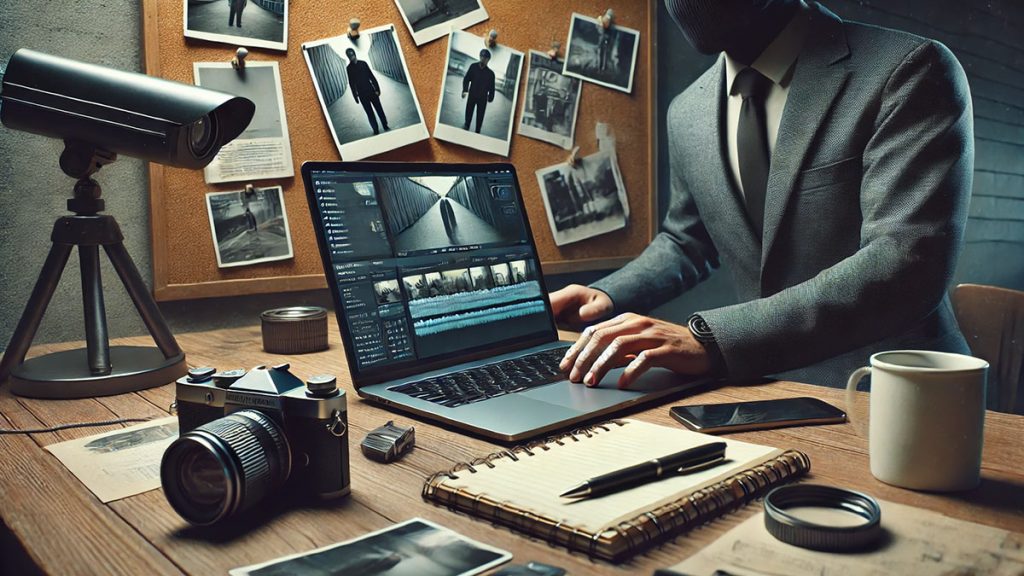Hiring a PI is easy enough:
Sarah sits in the parking lot outside the investigator’s office, staring at a manila folder stuffed with printed emails and photos. She’s been dreading this meeting for weeks, unsure what to say or how much to reveal. Ten minutes later, she walks out with a clear plan and finally feels like someone understands her situation.
The difference? She came prepared.
You’ve already done your homework on how to hire a private investigator. Now it’s time for that crucial first meeting. Here’s the thing most people don’t realize: this consultation isn’t just about explaining your problem. It’s about setting up your entire case for success.
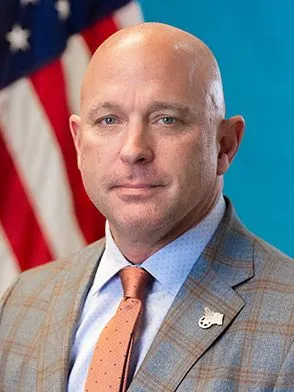
Greg VP of Davis & Forest Investigative Group
Get Your Story Straight
Before you walk through that door, organize your timeline. Doesn’t need to be fancy handwritten notes work fine.
Key things to nail down:
- When incidents happened (be specific about dates)
- Important locations
- People involved and how they’re connected
- Any patterns or changes you’ve noticed
If you’re dealing with a cheating spouse, note when suspicions started. Unusual schedule changes. Behavioral shifts. The clearer your timeline, the better your investigator can plan their approach.
Gather What You’ve Got
Pull together any evidence you already have. Text screenshots. Photos. Financial records showing weird transactions. Social media posts. Previous reports from other professionals.
Don’t stress about organizing it perfectly as that’s what you’re paying them for. Just bring everything that might matter.
Know What to Ask
Write down your questions beforehand. You’ll forget them otherwise.
Essential ones:
- What’s your experience with cases like mine?
- What’s your typical approach?
- How often will you update me?
- What are the realistic outcomes here?
- Any legal limits I should know about?
What Happens During the Meeting
Your investigator’s going to ask detailed questions. They need the full background, even stuff that seems minor. Your specific goals. Any previous attempts you’ve made to handle this. Timeline and budget. Safety concerns.
Here’s what separates good investigators from mediocre ones: they’ll explain their methodology and set realistic expectations. They should cover their approach, estimated timeline, costs, communication schedule, and what evidence they can legally obtain.
If something’s unclear, speak up. You’re about to invest serious time and money.
How to Be a Great Client
Tell them everything. This can’t be overstated. Withholding information wastes time and money. Investigators has seen it all don’t hold back because you’re embarrassed.
Stay realistic. Private investigators are skilled professionals, not miracle workers. They can’t guarantee results and they can’t break the law.
Don’t interfere. Once you’ve hired them, resist conducting your own investigation. That can compromise the whole case.
Communicate appropriately. Most investigators will set a communication schedule during your first meeting. Respect it. Calling daily for updates actually slows things down.
Red Flags That Should Worry You
Even after you’ve chosen your investigator, watch for warning signs:
- Unrealistic promises about guaranteed results
- Pressure to pay large amounts upfront without a clear contract
- Vague answers about methods or experience
- Suggestions of illegal activities
- Won’t provide licensing
Professional investigators are transparent about their process, honest about challenges, and clear about costs.
Set Clear Expectations of one another
Before you leave, make sure you both understand what success looks like. How and when you’ll get updates. What happens if the investigation hits a dead end. Your budget and how costs get managed.
Discuss different scenarios too. What if they find evidence quickly? What if it takes longer than expected? What if they uncover something you weren’t expecting? Having these conversations upfront prevents difficult decisions later.
Ask if there’s anything you should or shouldn’t do while the investigation’s ongoing. Sometimes you help by maintaining normal routines. Other times you need to avoid behaviors that might tip off the subject.
After Meeting with the Investigator
Take time to think about your conversation. A good investigator should leave you feeling confident in their abilities, clear about the process, comfortable with the investment, and realistic about outcomes.
Still have doubts or questions? Follow up. The right investigator welcomes questions and addresses concerns promptly.
Bottom Line | Hiring a Private Investigator is easy
Your first meeting sets the tone for everything that follows. Come prepared, ask the right questions, and set clear expectations. You’re not just hiring someone to gather information – you’re partnering with a professional who can help you navigate a difficult situation.
The time you spend preparing for that first meeting pays off throughout your entire case. The best investigators want prepared, engaged clients. They know that people who understand the process are more likely to be satisfied with results and provide the cooperation that leads to successful investigations.

